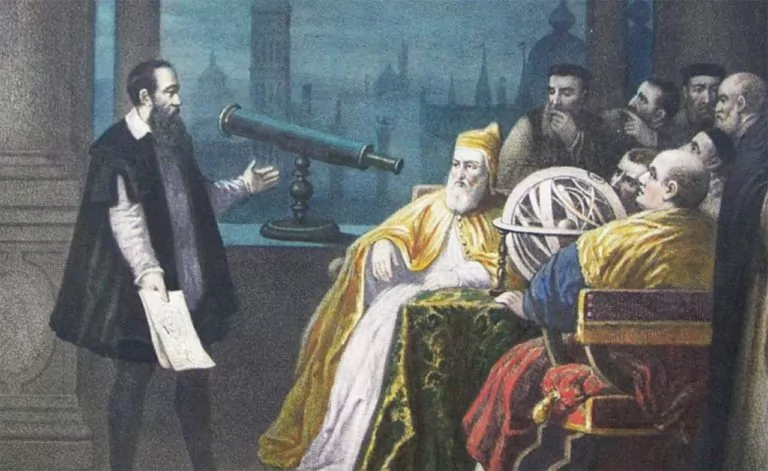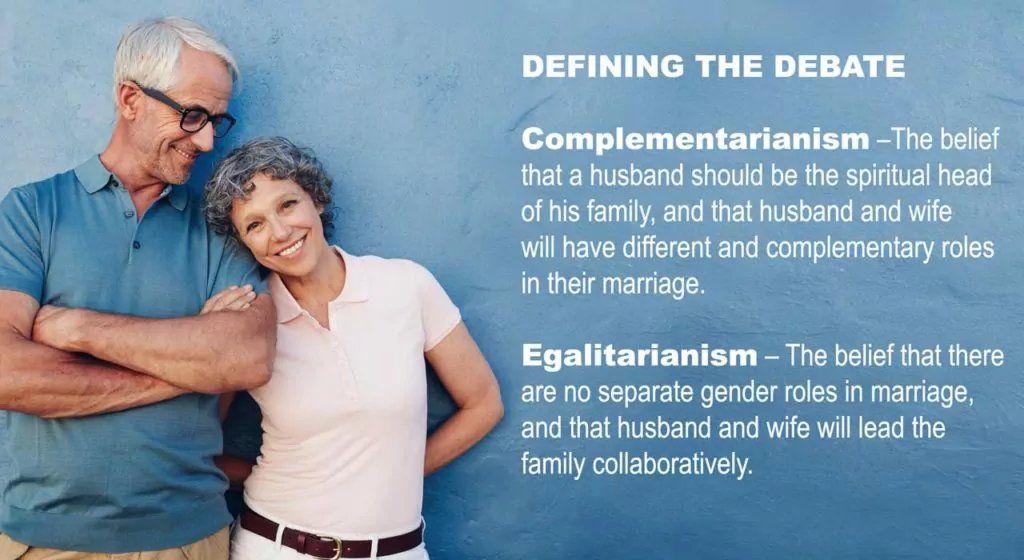What do theistic evolutionists and church-attending gay activists have in common? Both think Galileo makes their case.
Theistic evolutionists have long loved the story of Galileo – how he corrected the Church, and was persecuted for it, when he proved that the Earth went around the Sun, and not, as the Church said, the other way around. The moral of this story, they propose, is that just like Galileo corrected the Church in his time, the Church today needs to reinterpret it’s understanding of Genesis 1 and 2 in light of what Science has discovered about our origins.
Church-going gay activists are taking up Galileo as their champion, too, to argue that the Church needs to re-examine its stance against homosexuality and gay marriage. In his book God and the Gay Christian, Matthew Vine writes:
…remember that Christians in Galileo’s day….did not change their minds about the solar system because they lost respect for their forebears or for the authority of Scripture. They change their mind because they were confronted with evidence their predecessors had never considered…. Does new information we have about homosexuality also warrant a reinterpretation of Scripture? (his emphasis)
Galileo as the universal solvent
There is a problem though. This version of the Galileo story can be used by more than evolutionists and gay activists – it’s infinitely adaptable, and can act as a universal solvent to dissolve orthodoxy of every kind.
Yes, the Bible says we are conceived and born in sin (Psalm 51:5). But that’s not what many psychologists contend, so isn’t it about time the Church learned its lesson from the “Galileo incident” and re-examined Original Sin in light of what we now know about human nature?
The Church once thought God created them male and female (Mark 10:6). But now we know gender is a social construct with dozens (71 to date on Facebook) to choose from. So why wouldn’t this new information about gender also warrant a reinterpretation of Scripture?
Evolution, homosexuality, Pelagianism, gender fluidity, polygamy: Galileo is a friend to them all.
Or what if Galileo taught a different lesson?
But what if the Galileo story doesn’t prove what so many want it to prove? What if a better moral to the story might be something along the lines of, it is very dangerous to let outside sources tell us how to understand Scripture?
The truth is, it wasn’t a biblical view that Galileo overturned, but rather a Greek one. As Philip J. Sampson explains in his book 6 Modern Myths, “Aristotle – not the Bible – taught explicitly that, ‘everything moves around the Earth.'” The Church held to a Earth-centered cosmology because they were influenced by Aristotle, and, as one author put it, read the Scripture “through Greek spectacles.” They were wrong to do so.
Of course, it certainly is possible for the Bible to be misinterpreted by the Church – that’s one of the premises behind the Protestant Reformation! But the story of Galileo has been used by evolutionists, and is now being used by gay activists, to argue that it is self-evident that what we are discovering today, particularly in the field of Science, is far more reliable than the Bible, and thus we should readily reinterpret even the longest-standing biblical doctrines in light of what these new findings tell us today.
Not only is that not a lesson we can draw from Galileo, we could very readily draw the opposite: the moral to this story should be that the Church’s big mistake was interpreting Scriptures in light of the Greek Science of the day.
Hat tip to Gary DeMar’s “Kirsten Powers Jumps on the Pro-Homosexual Bandwagon“











